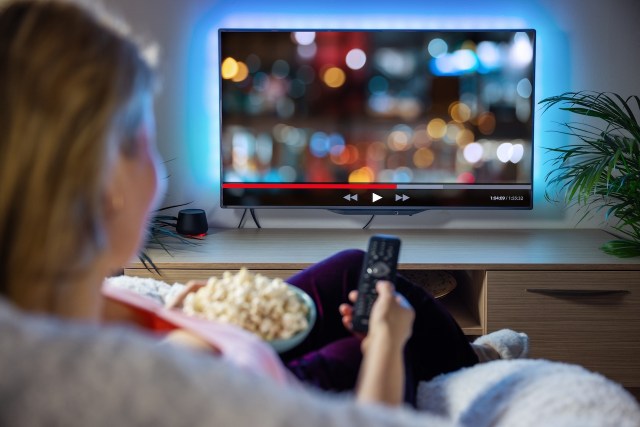
In recent years, there has been a significant rise in the popularity of TV binge-watching. Gone are the days when people would eagerly wait for their favorite shows to air on television once a week. With the advent of streaming platforms like Netflix and Hulu, viewers now have access to entire seasons of TV shows at their fingertips. This shift in viewing habits has had a profound impact on society, influencing everything from our social interactions to our mental health.
The Appeal of TV Binge-Watching
One of the main reasons for the popularity of TV binge-watching is its convenience. In the past, viewers had to plan their schedules around specific show times or rely on recording devices like VCRs. Now, with streaming services, people can watch their favorite shows whenever and wherever they want. This freedom allows individuals to consume content at their own pace and tailor their viewing experience to fit their lifestyle.
Another factor contributing to the appeal of binge-watching is the addictive nature of many TV series. Cliffhangers at the end of episodes leave viewers craving more, and with an entire season readily available, it becomes difficult to resist watching just one more episode. This instant gratification keeps audiences engaged and coming back for more.
The Social Impact
The rise of TV binge-watching has also had a significant impact on our social interactions. In the past, watching television was often a communal activity that brought friends and family together. However, with everyone having access to individual screens and personalized streaming accounts, watching shows together has become less common.
While binge-watching can be an enjoyable solo activity, it can also lead to feelings of isolation and disconnection from others. Spending hours absorbed in a fictional world can limit opportunities for real-life social interactions and hinder meaningful relationships. It’s important for individuals to strike a balance between indulging in their favorite shows and engaging in social activities.
The Psychological Effects
Although binge-watching can be a source of entertainment and relaxation, it’s important to acknowledge the potential negative psychological effects. Research has shown that excessive TV viewing can lead to sedentary behavior, which is associated with various health risks like obesity and cardiovascular disease. It’s crucial for individuals to incorporate physical activity into their daily routines to counteract the sedentary nature of binge-watching.
Additionally, binge-watching can disrupt sleep patterns. The availability of multiple episodes at once makes it tempting to stay up late into the night, resulting in sleep deprivation. Lack of sleep not only affects overall well-being but also impairs cognitive function and productivity levels.
The Evolution of Content Marketing
The rise of TV binge-watching has also revolutionized content marketing strategies. With viewers consuming entire seasons in a short period, traditional advertising methods such as commercials during TV breaks become less effective. Advertisers have had to adapt by integrating product placements within the shows themselves or leveraging influencer marketing on social media platforms.
Furthermore, streaming services have started producing original content, creating a new avenue for brands to engage with audiences through partnerships and sponsorships. This shift has opened up opportunities for more targeted and personalized advertising that aligns with viewers’ interests and preferences.
In conclusion, the rise of TV binge-watching has brought about significant changes in society. While it offers convenience and entertainment, it is essential for individuals to be mindful of its potential negative effects on social interactions and mental well-being. Additionally, content marketers must adapt their strategies to cater to this evolving trend. By understanding these societal shifts, we can navigate the world of TV binge-watching more consciously and enjoyably.
This text was generated using a large language model, and select text has been reviewed and moderated for purposes such as readability.






